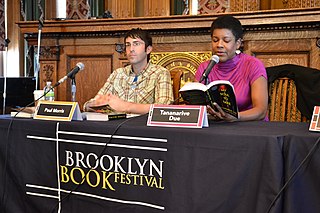A Quote by Alain de Botton
People who go on to be writers are those who can forgive themselves the horror of the first draft.
Related Quotes
I am a technophile, so there is no such thing as a first draft. The first draft plunges on, and about a quarter of the way through it I realise I'm doing things wrong, so I start rewriting it. What you call the first draft becomes rather like a caterpillar; it is progressing fairly slowly, but there is movement up and down its whole length, the whole story is being changed. I call this draft zero, telling myself how the story is supposed to go.
I think readers appreciate those of us who stay in the trenches and fight the good fight even when times get tough. I know that I, personally, lost respect for writers who, when there was a downturn in the market, started shouting from the rooftops that they wrote thrillers and suspense novels rather than horror. As far as I'm concerned, those wussboys should sever all ties with the horror community if that's the way they feel and get out of the way so real horror writers can do their work.
To me the only real star of the movie is the writer. And I work with writers very closely, from outline to first draft and on to the seventh draft, whatever it takes. Then my job is to support the director to make the best movie we can. Some producers try to go past them, but my job is to support them.
Some writers find that they don't know their themes until they've finished the first draft (I am one). They then rewrite with an eye toward balancing on that tightrope: not too contrived, not too rambling; does what I'm saying about the world below me actually add up to anything? Other writers pay attention to these things as they write the first draft. Either way, an awareness of the macro and micro levels of theme can provide one more tool for thinking about what you should write, and how.
Almost all good writing begins with terrible first efforts. You need to start somewhere. Start by getting something-anything-down on paper. A friend of mine says that the first draft is the down draft-you just get it down. The second draft is the up draft-you fix it up. You try to say what you have to say more accurately. And the third draft is the dental draft, where you check every tooth, to see if it's loose or cramped or decayed, or even, God help us, healthy.




































